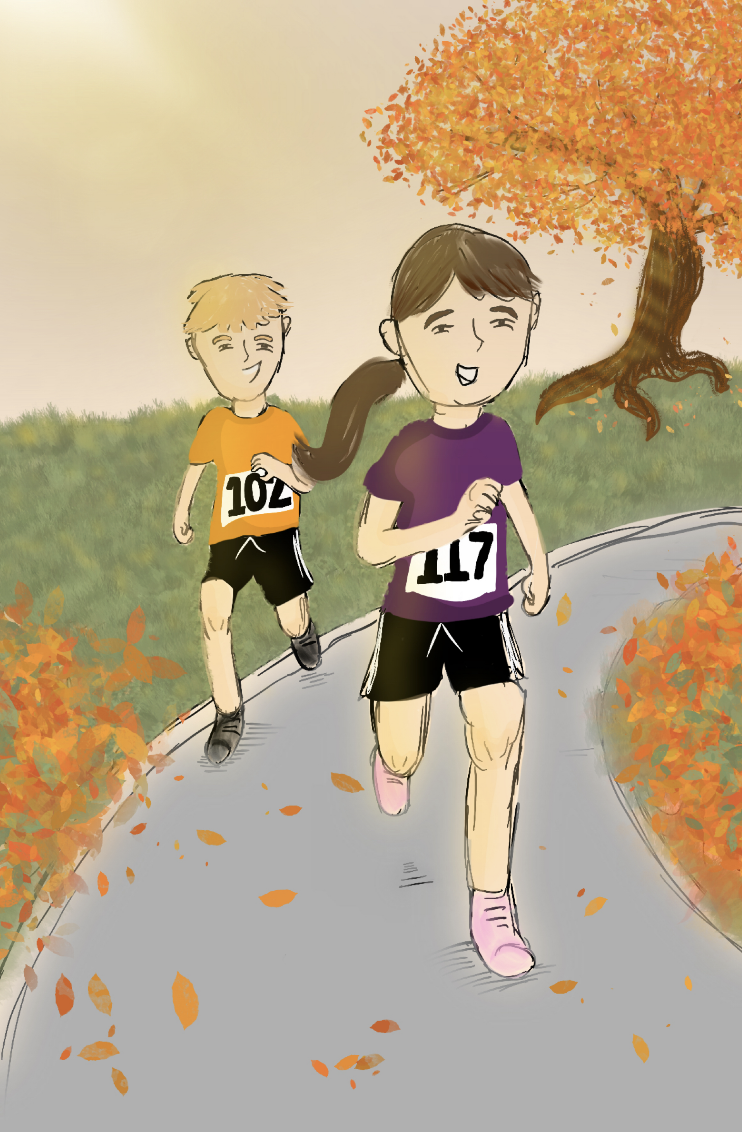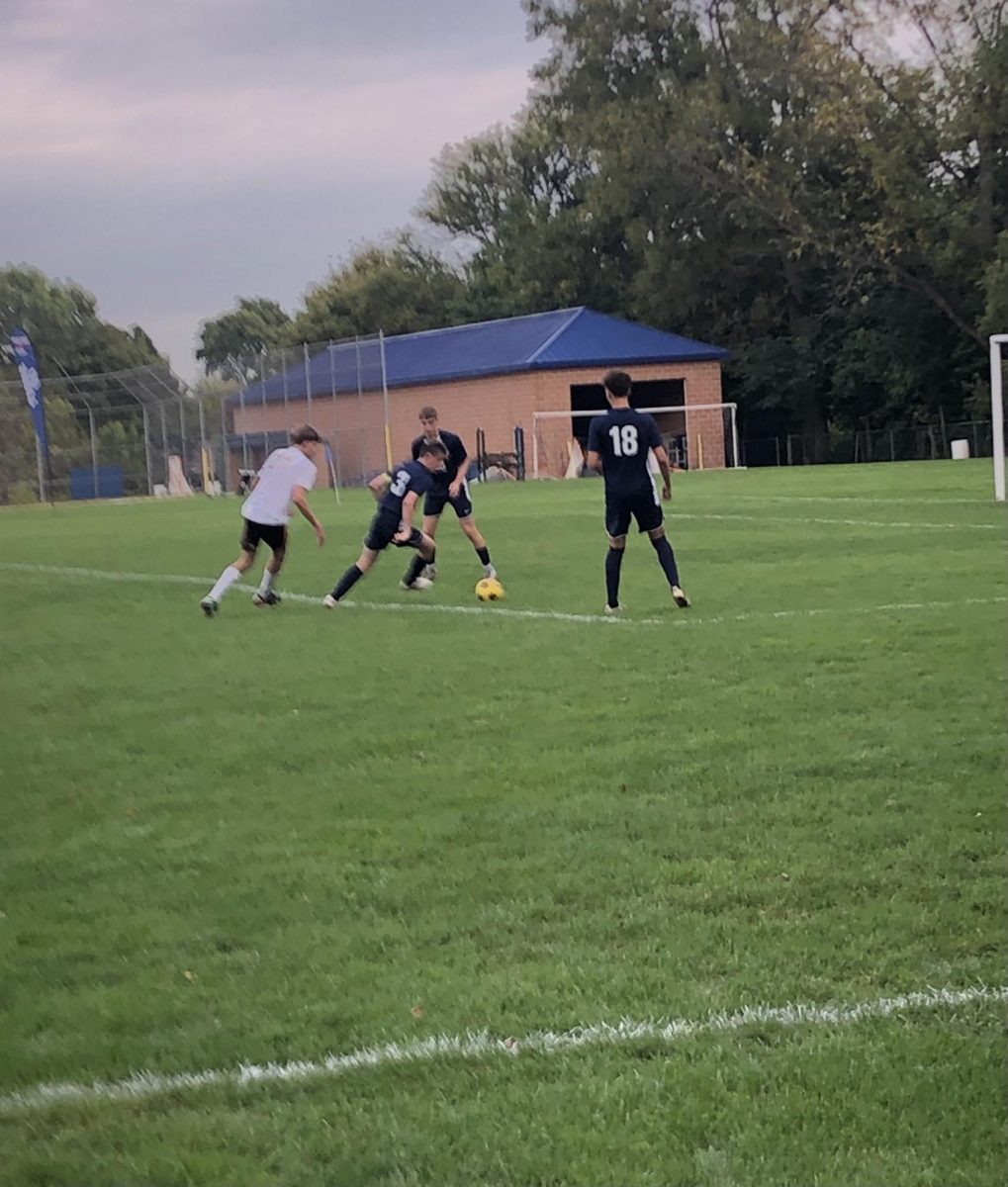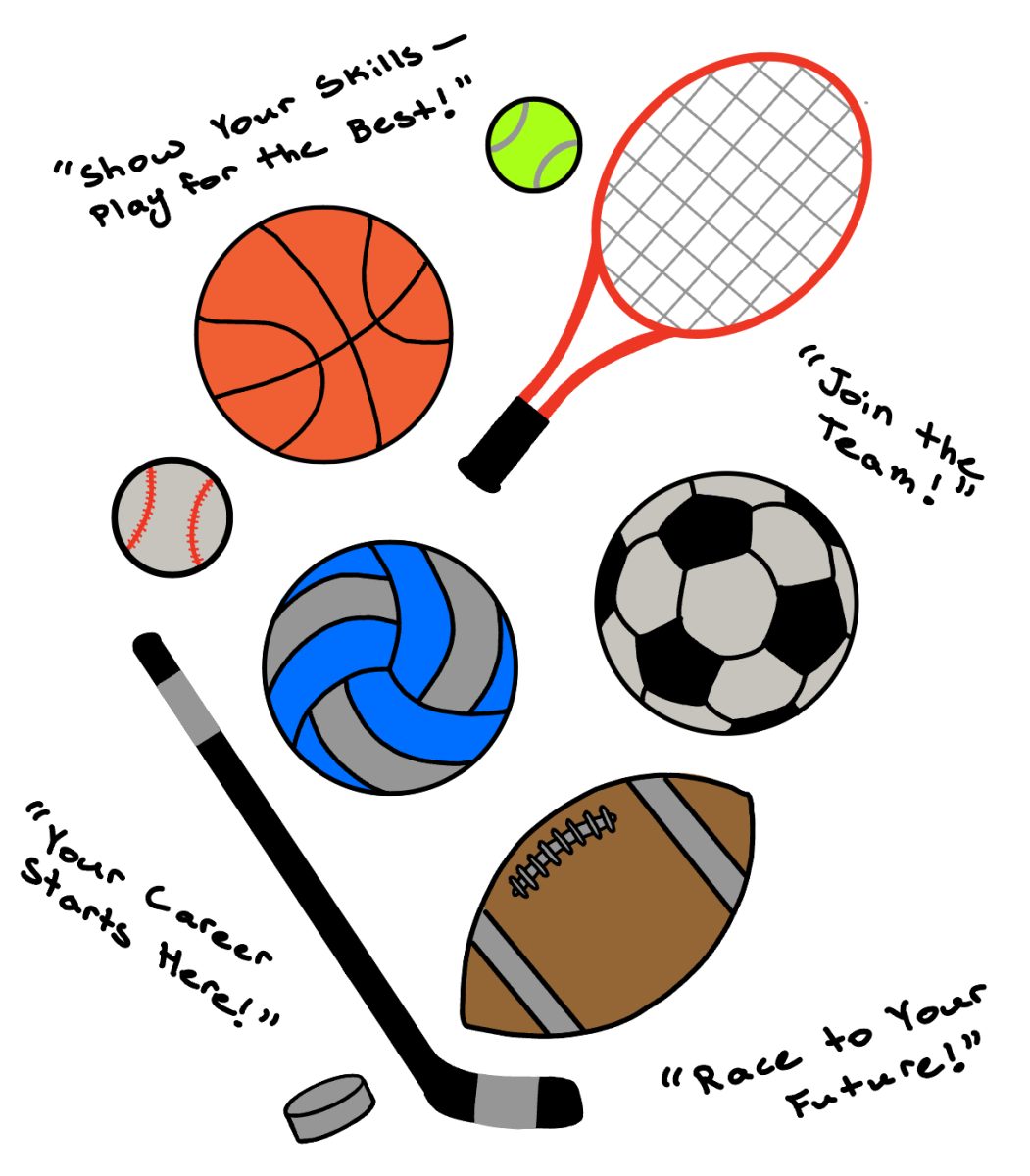“What major are you going to study in college?”
All college athletes are both full-time students and full-time athletes, yet some struggle with the academic aspect of their college career. When asked what major they think they will study, some athletes cannot come up with a concrete answer. Others wonder why their major matters if they chose a college based on its athletics. Some decide the best way to focus entirely on their athletic career is to take an “easy” major. Taking a major due to its appeal as “easy” often causes some athletes to struggle to find a job in the same area after graduating college. Not every athlete makes it to the professional level, and being able to establish a career is essential, but is it really their major that hampers their chances of securing a fulfilling job? In reality, there is no such thing as an easy major; any course a college offers is rigorous and sets up those who take it for success. However much effort someone puts into their major is what they get out of it. Athletes are responsible for this, as well as completing internships or extracurricular activities that can promote securing a job after college. Any major a student can take offers real-world experience, and there is often an abundance of opportunities offered throughout one’s college career. Success is not determined by how “easy” or “hard” a major is, but how much effort an athlete puts into it.
“To get any degree in college you have to work; no one is handing you a degree,” said assistant baseball coach Mr. Matt Hynek ‘92.
A strong work ethic is a vital skill in college, and it often distinguishes someone successful after college from someone who is not. Athletes who treat their major as second priority to their sport often struggle to work for their degree, instead putting all their time and energy into athletics. After college, those that took “easy” majors consider themselves to be disadvantaged while looking for a job, but in reality, the major one chooses will not cause one to lose access to being highly successful in the working world.
“It’s an athlete’s choice to take these majors, they aren’t being forced to,” said sophomore Isabella Redel.
It is unfair to say that an athlete is at a disadvantage based on their major alone, especially when many choose these majors themselves. No major is athlete-specific either. If athletes are disadvantaged based on their major, why would colleges and universities offer these majors to their students? Wouldn’t that defeat the purpose of these institutions? Athletes who find themselves disadvantaged after college cannot blame the major that they took.
“Students typically decide their majors based on what they are passionate about or job security,” said sophomore Rachel Sutherland. “On the other hand, athletes may pick an ‘easy major’ without giving consideration to how it may affect their future careers.”
Passion is also vital during one’s college career. Passion and work ethic go hand in hand, and without passion surrounding one’s major, it becomes increasingly more difficult for anyone, not just athletes, to do well. Although most athletes center their passion around their sport, they must also have passion for their major. Taking majors they are passionate about will cause athletes to realize that their passions are the easiest majors they could pursue, bringing an end to the trend of athletes who feel disadvantaged after taking “easy” majors. It is also important that the misconception that certain majors are easier than others is cleared up. College athletes are no different from those who attend college purely for academics. Everyone should be given an equal chance to succeed and receive help in choosing a major that best suits their goals and gives them a secure life after college. Although the concept of taking “easy” majors and the problems associated with it do not affect many college athletes, those that are put at a disadvantage deserve the same chances as those with advantages surrounding their life after college.








